Refugees Return to Afghanistan
By Mahvish Akhtar
Since the Taliban took control of Afghanistan, Pakistan has deported over 200 Afghan nationals, including women and children, who reached Quetta via Chaman.
“These Afghan families were deported to Afghanistan as they entered Pakistan illegally,” Quetta Division Commissioner Sohail-ur-Rehman Baloch told the media. “Unless the government gives permission for their stay, all Afghan nationals entering Pakistan illegally would be sent back,” he added.
The government is not allowing Afghan citizens to enter Pakistan without legal documents anymore.
However, there are reports that some Afghan families have entered the Noshki district from Helmand province of Afghanistan. The United Nations said on Friday it was bracing for a possible departure from Afghanistan of up to half a million more refugees by the end of 2021. “The humanitarian emergency currently is inside Afghanistan,” Kelly Clements, the deputy high commissioner of the UNHCR, told reporters. “We are preparing for around 500,000 new refugees in the region. This is a worst-case scenario,” she said.
Since the Taliban came into power about three weeks ago, the humanitarian situation in the country has deteriorated dramatically. Half of the population was already in need of humanitarian assistance, and half of all children under five were estimated to be severely malnourished.
The UNHCR also said, “we are appealing to all countries neighboring Afghanistan to keep their borders open so that those seeking safety can find safety.” Clements meant Iran and Pakistan in particular because these countries host 90% of Afghan refugees and 3 million Afghans without any status. She also urgently appealed for $300 million in funds.
Despite all this, many are ready to go back to their homeland after being displaced for years. “We emigrated from Afghanistan during bombing and hardships when Muslims were in trouble. Now, praise be to Allah, the situation is normal, so we are returning to Afghanistan,” Molavi Shaib told the AFP while waiting at the border.
Waliur Rahman, another refugee, trying to go home, said, “I am going back to Ghazni, now peace has been established, and we are happy that we are returning to our home. It’s much better to go back and settles there.”
Their words are a stark contrast to the images and words coming out of Kabul airport, where people have been trying to get out of Afghanistan even if they have to cling to the planes’ exteriors.
A Pakistani reporter reporting from inside Afghanistan finds that life seems to be going on as usual in Jalalabad. A prominent Taliban flag flies high in one of the biggest roundabouts of the city known as Pakhtunistan Chowk. Only miles away is Nangarhar province’s, Governor House. Inside sit gun-wielding Taliban fighters. Hard to believe less than three weeks ago, this country witnessed a regime change through civil war. He says, however, outside the compound walls of the Governor house, people seem to have other things on their minds.
For example, at a bread shop, a vendor Ghulam Rehman says the wheat flour bag they used to get for 1,600 Afghani is now being sold for 2,200 Afghani, Nawab Khan, who runs a small poultry shop, tells us chicken prices have risen by 20-30 Afghani since the Taliban assumed power.
A Taliban fighter stationed at the chowk told the reporter that the police have nothing to worry about. While most people are happy with the regime change, “some elements are provoking the people’s emotions,” he said while holding a rifle with one hand and a walkie-talkie in the pocket of his vest. He says Afghans are free to wave their national flag, which was used as the symbol of resistance against the Taliban rule during protests in the country in recent days, emphasizing that the people’s “legitimate” demands will be tended to.
So, what is the difference between this and the situation that the public was living with before? “The difference is that the war has ended, and peace has taken hold,” Naik Mohammad, an elderly resident, says. “The Taliban have seized the government, and the system is in their hands. Bribery and corruption were rampant in the past; now the people want to be served, their problems solved,” he continued.
How much truth these statements hold remains to be seen.






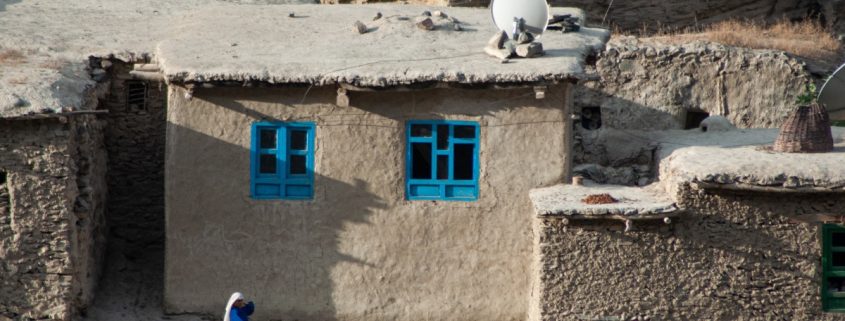
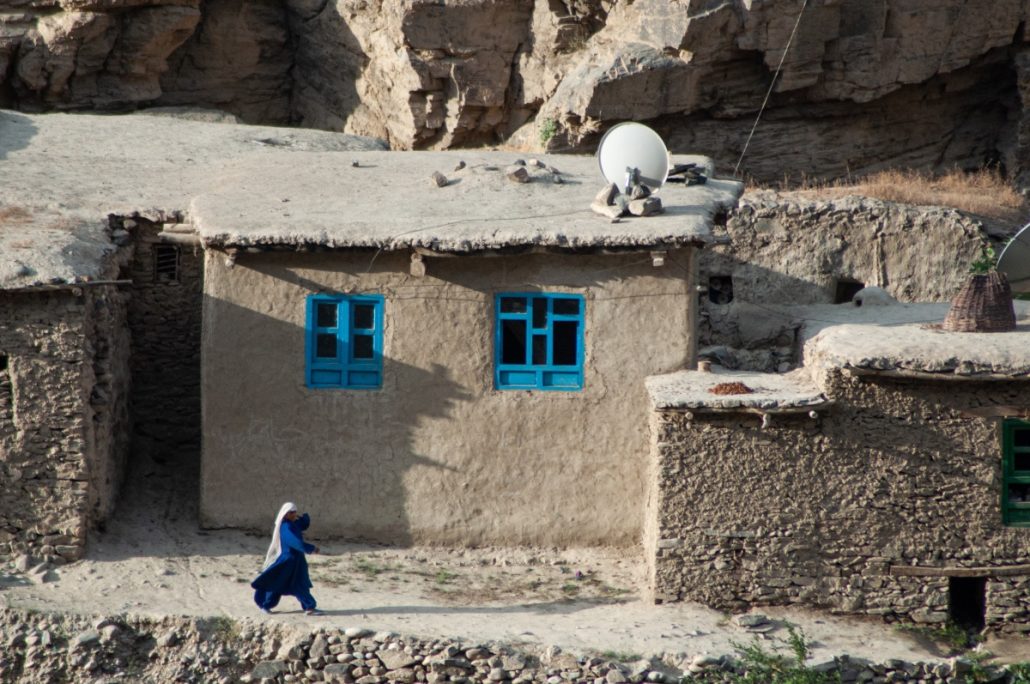

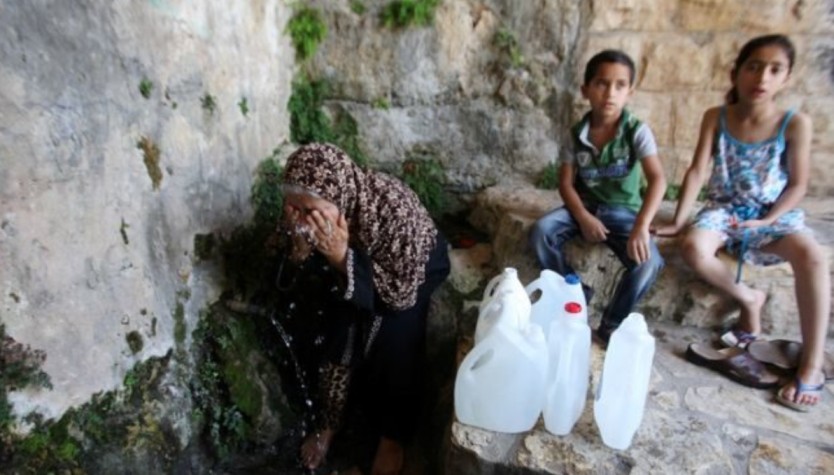
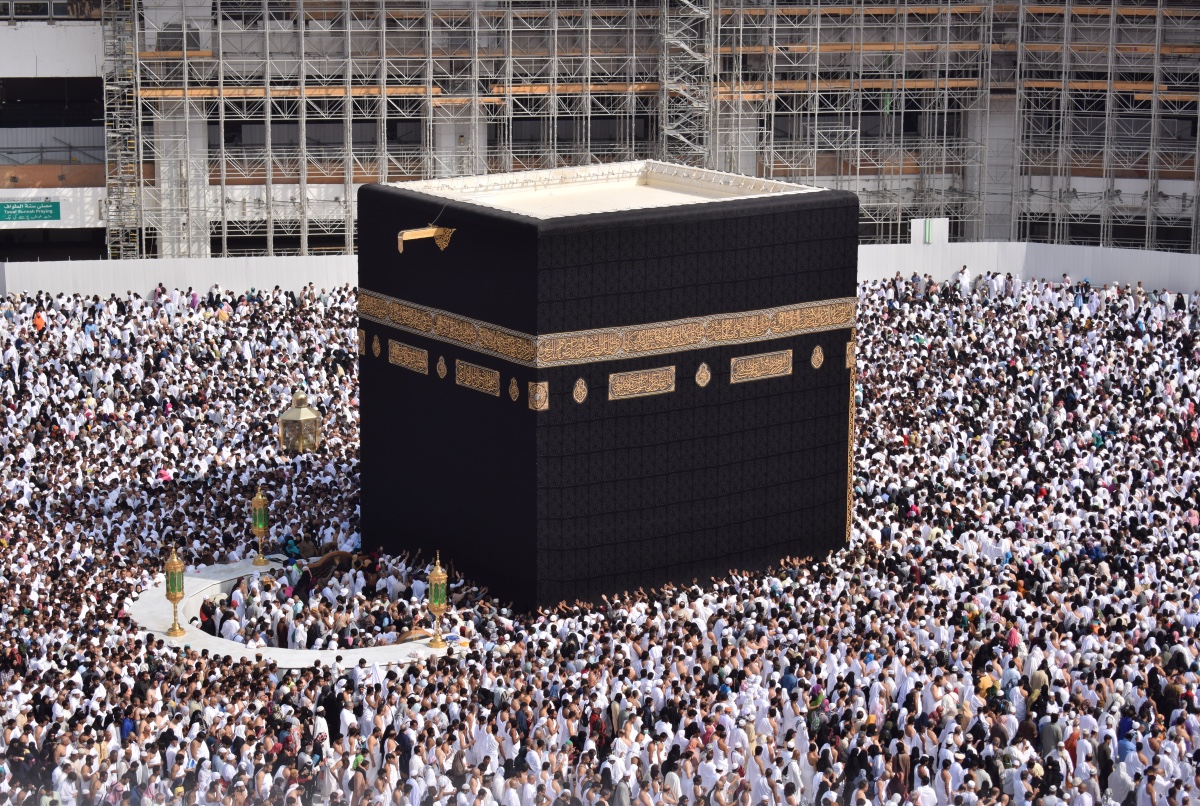
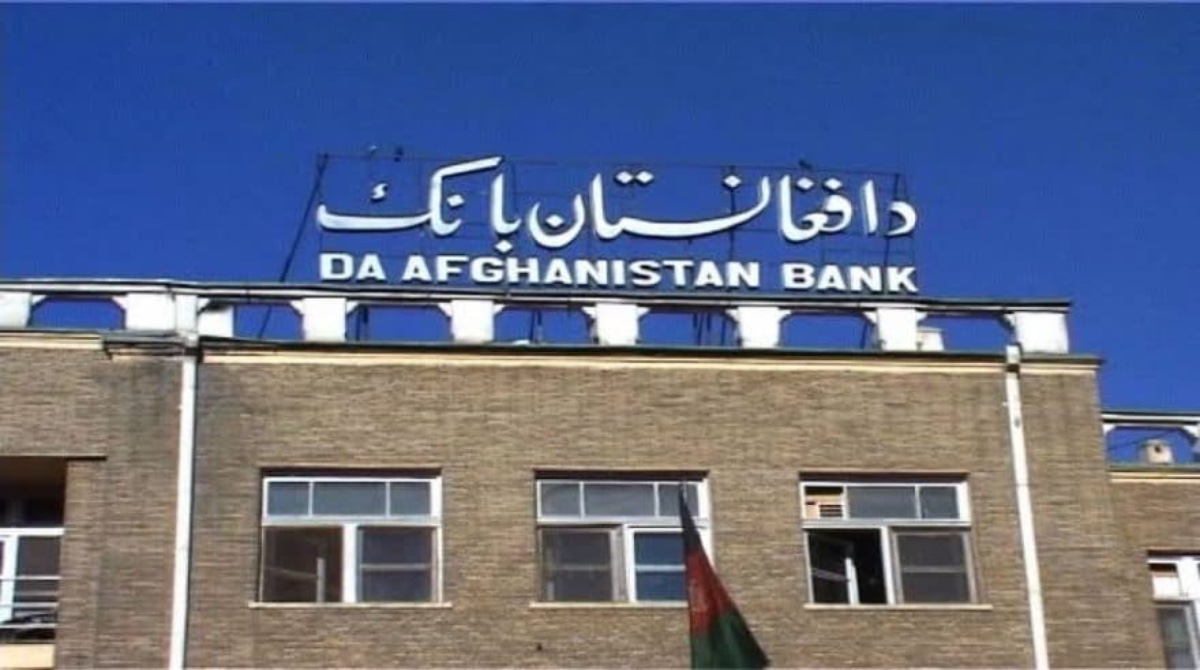
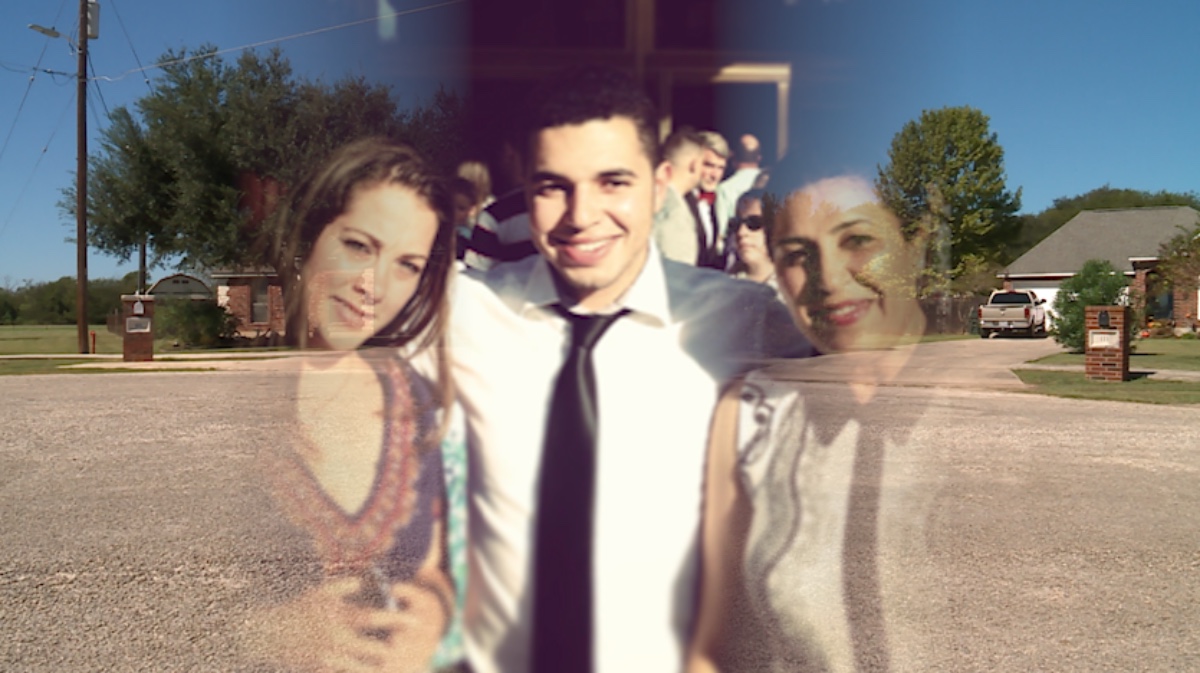
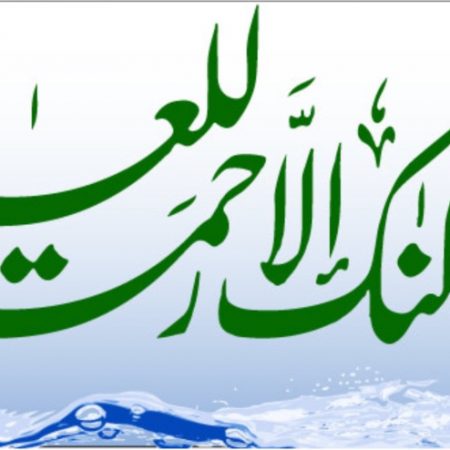







2021
1,902 views
views
0
comments